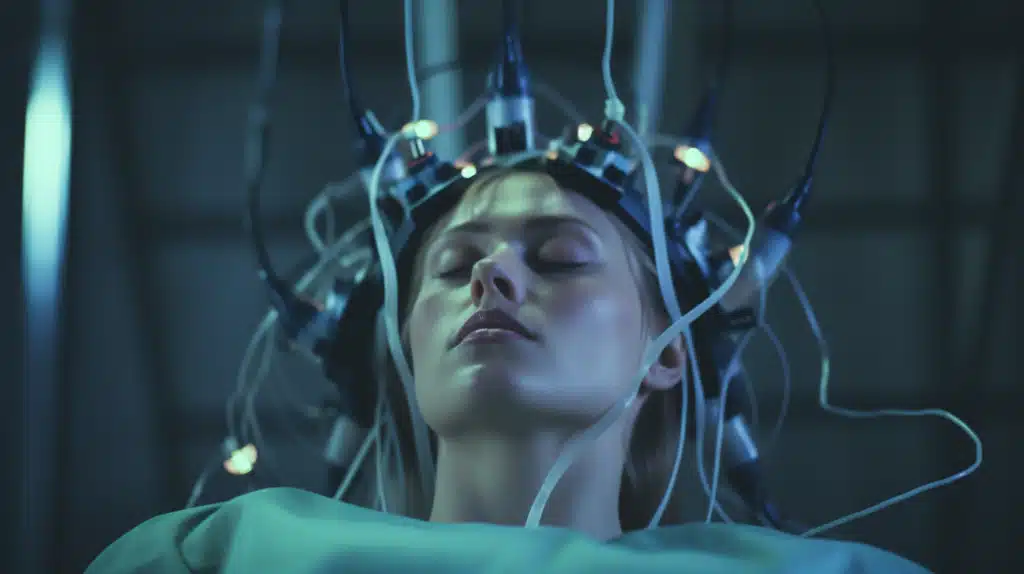Myo-Inositol for Traumatic Brain Injury (TBI): Targeting BATF2 for Epigenetic & Transcriptomic Changes (2024 Study)
Traumatic brain injury (TBI) remains one of the most challenging conditions for modern neurology, carrying a wide range of long-term consequences that can significantly impair an individual’s quality of life. In a new study, researchers analyzed the epigenetic landscape post-TBI, revealing significant DNA methylation changes in the hippocampus—a crucial area for memory and learning. The …

